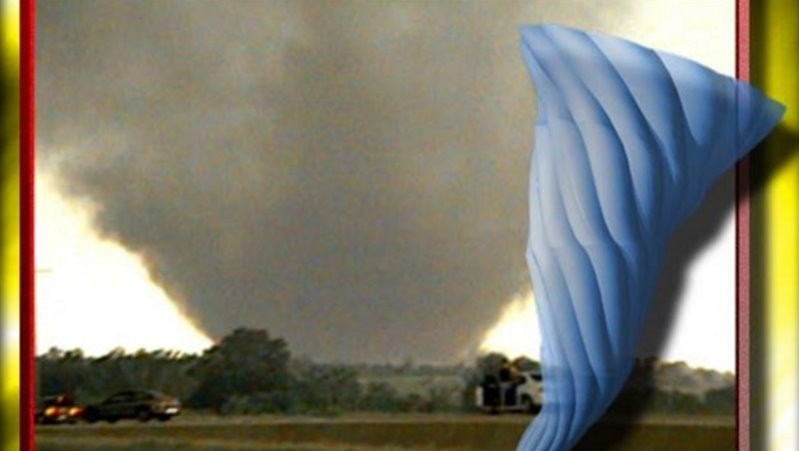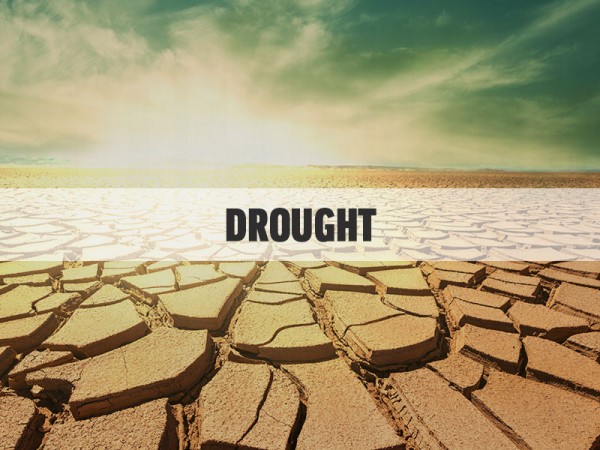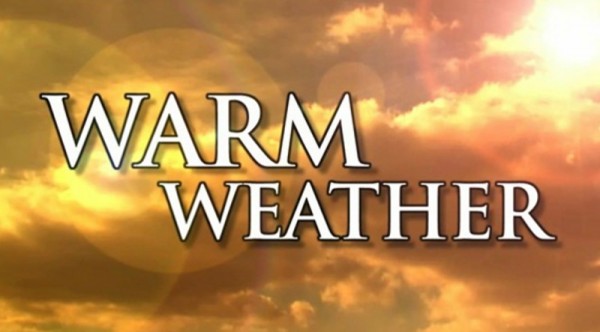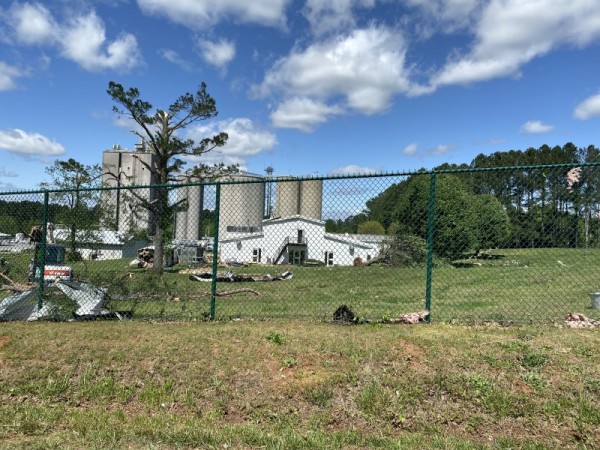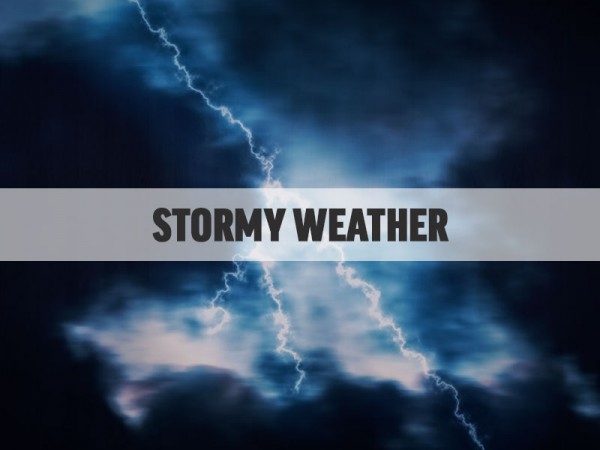ATLANTA (AP) A heat wave that could deliver the warmest Christmas ever recorded to cities across the South may also fuel tornadoes and storms featuring golf ball-sized hail, flooding and damaging winds of up to 70 mph, forecasters say.
By late Wednesday, the threat of severe weather will extend from Louisiana through Mississippi and Alabama and into Georgia, according to the National Weather Service (NWS).
Severe weather could also occur during the overnight hours heading into Thursday a particularly dangerous time since many people would be asleep when severe weather strikes, said Greg Carbin, a meteorologist at the national Storm Prediction Center in Norman, Oklahoma.
``These types of severe weather events are unusual for this time of year, but certainly not unprecedented,'' Carbin said.
On Christmas Day in 2012, a storm system spawned several tornadoes across the South and damaged homes from Texas to Alabama. Among the hardest-hit communities was Mobile, Alabama, where storms damaged a high school and church, and knocked down power lines and large tree limbs in an area just west of downtown around nightfall.
``Part of the problem is that some of this will occur overnight, so it's not just a daytime event,'' Carbin said of this week's threat. ``This is not a one-shot, late afternoon Wednesday, boom, you're done. The threat right now will be kind of this extended period of time.''
``It's still unfolding, and there's still uncertainty as to when the greatest threat will exist,'' Carbin added.
The area of enhanced risk the bull's eye for the storms covers the western half of Tennessee; northern Mississippi; much of northern Alabama; and a sliver of southern Kentucky, according to the Storm Prediction Center's outlook for Wednesday.
Memphis and Nashville, Tennessee, and Huntsville, Alabama, are among the largest cities in the enhanced risk zone, an area which includes a total population of more than 6.6 million people.
A slight risk of severe storms will extend into Louisiana, Georgia, the rest of Alabama and Mississippi and the Florida Panhandle, data from the Storm Prediction Center shows. That area includes the cities of New Orleans, Atlanta and the Alabama cities of Montgomery and Mobile.
The National Weather Service in Peachtree City says parts of northeast Georgia could see rainfall totals of two-to-four inches between now and Christmas Day - 3.63 inches in Blairsville, 3.67 in Dahlonega, 3.23 in Gainesville, and 2.59 in Athens. (Click here http://www.srh.noaa.gov/graphicast.php?site=ffc&gc=1 for more information.) In addition, a flood watch has been posted for a large part of Georgia, including north Georgia.
Forecasters say Georgia could also be in for some severe thunderstorms, especially Wednesday through Thursday. "Damaging winds are the primary threat (but) hail and isolated tornadoes" are also possible, according to the Peachtree City NWS Website.
After the storm threat subsides, forecasters say the high temperature in Atlanta on Christmas Eve is expected to be 74. That would break the record for Dec. 24, which is 72 degrees set in 1984, according to weather service records. In Gainesville, the all-time high for Christmas Eve could also be broken. The forecast high for the date is 72; the record for the date is 70, which was set in 1964.
In central Georgia, the weather service projects a high temperature of around 79 degrees in Macon on Christmas Eve, which would break the record for the date of 77 degrees set in 1964.
Further south, Savannah could reach a balmy 80 degrees on Christmas, tying the coastal city's all-time warmest temperature for Dec. 25, the weather service said. Savannah previously hit the 80-degree mark in 2008 and 1984, according to the weather service's office in Charleston, South Carolina.
(AccessWDUN's Ken Stanford contributed to this story.)


